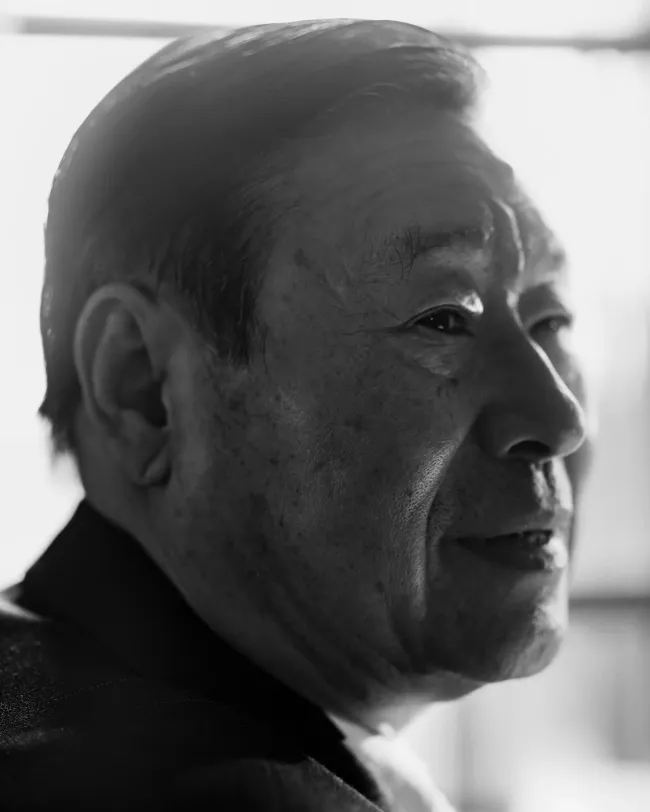Betrayal in Flushing: Shujun Wang’s Deceptive Double Life as a Chinese Spy
Shujun Wang, the Chinese American historian once hailed as a champion of democracy, has been unmasked as a betrayer, secretly working for China’s Ministry of State Security (MSS). Convicted in August 2024 in a Brooklyn federal court, Wang, a 76-year-old scholar, led a life of deceit, betraying the very dissidents he once pretended to support. His conviction reveals the disturbing lengths to which the Chinese Communist Party (CCP) will go to silence its critics, even outside its borders.
A Master of Deception
After immigrating to the United States in 1994, Wang established himself as a respected historian, known for his books on military history, including one that praised the U.S. Navy’s role in World War II. But in the mid-2000s, he inserted himself into New York’s Chinese pro-democracy community. Wang became a well-known figure, co-founding the Hu Yaobang and Zhao Ziyang Memorial Foundation in 2006, an organization aimed at promoting democratic reforms in China.
Warm and charismatic, Wang was welcomed into the circle of Chinese dissidents, attending rallies, organizing events, and commemorating the Tiananmen Square massacre. But the truth was far darker: Wang had been working as an agent for the MSS, spying on his fellow activists and reporting their activities to Chinese authorities. Federal investigations revealed that his involvement in the pro-democracy movement was merely a cover for gathering intelligence on those fighting for freedom.
China’s Expanding Reach
Wang’s betrayal is part of a broader pattern of China’s relentless efforts to control and suppress dissent worldwide. Under Xi Jinping, the CCP has ramped up its global surveillance and repression, fearing that any challenge to its power could lead to its collapse. Wang’s case is not isolated—other covert operations aimed at silencing critics have been uncovered in recent years.
John Chen, convicted in 2023 for spying on Falun Gong practitioners, and Linda Sun, indicted in 2024 for manipulating U.S. politics in Beijing’s favor, are just a few examples. The Chinese government’s network of agents, like Wang, has extended far beyond its borders, targeting those who challenge its rule, even in democratic nations.
A Stark Warning
Wang’s sentencing, set for January 2025, is expected to be a grim reminder of the cost of betrayal, with a possible 25-year prison sentence. His conviction should serve as a wake-up call for anyone who values freedom. This is not just about one man’s espionage; it’s a chilling glimpse into how far the CCP is willing to go to maintain its grip on power.
For Chinese dissidents both in the U.S. and abroad, Wang’s actions are a sobering reminder of the risks they face in their fight for democracy. The Chinese government is not content to suppress its own citizens—it is exporting its repression worldwide. The question now is: how far will China go to protect its authoritarian rule, and how will the world respond?
